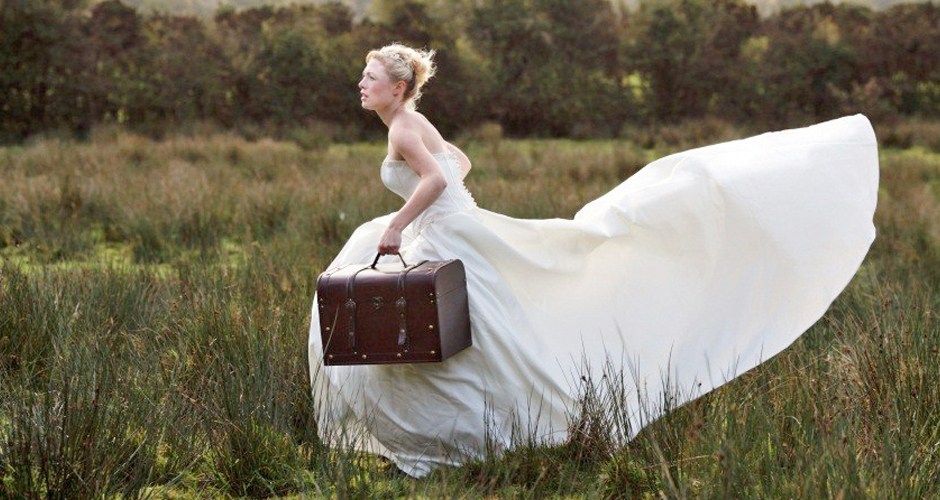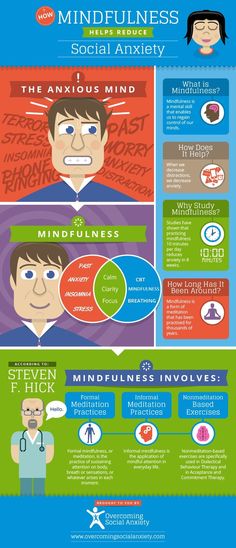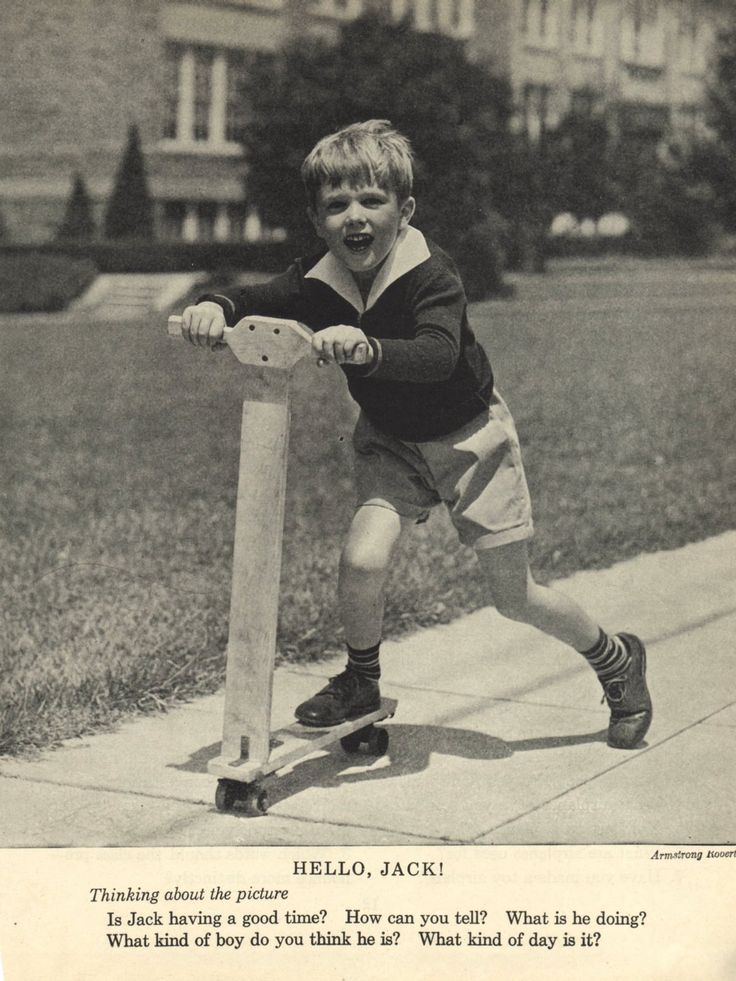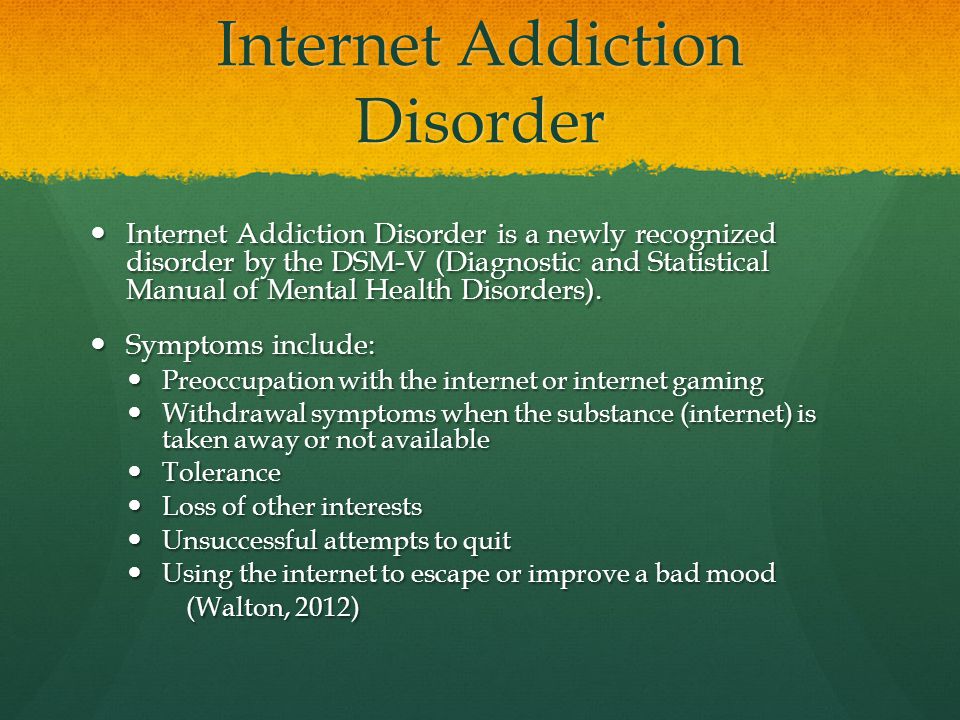Cold feet before wedding
What to Do If You Have Cold Feet Before the Wedding
Do you have cold feet before your wedding? Maybe you're re-thinking your choice of a partner or doubting whether you want to get married at all. You might be thinking about if you really can commit to being with one person for the rest of your life. Don't fret. Many people have jitters before their wedding, and you are hardly alone. But the feelings are still there, and you have to figure out how to deal with them.
What Does "Cold Feet" Mean?
"Cold feet" is a term characterized by a feeling of uncertainty around moving forward with your wedding.
For help, we turned to Jocelyn Charnas, a licensed clinical psychologist in New York City. She works with individuals and couples in all stages of relationships; she even earned the term "the wedding doctor" for her work with those who are engaged. She talked us through what to do if you have cold feet and when to pay closer attention to these feelings of uncertainty.
Meet the Expert
Jocelyn Charnas is a licensed clinical psychologist in New York City who specializes in working with couples and individuals who are engaged.
"I think of cold feet as an umbrella term for the fears, doubts, and anxieties we have as we anticipate getting married," she says. "An experience of anxiety and uncertainty is normal as we plan for this very important life transition, but too much fear and doubt can be very unsettling." Read on to learn more.
Signs of Cold Feet
It is normal to have many types of feelings before your wedding including anxiety, so you might be wondering if you have cold feet. Charnas says having cold feet can manifest itself in a variety of ways. Some people have overt doubts about their future, "like the questioning of whether [it] is the right person, the right time," she explains. You might be thinking about if you want to get married at all or if you could possibly commit to somebody for the rest of your life. You may even take steps to explore breaking off the wedding.
You may even take steps to explore breaking off the wedding.
Some signs of having cold feet are a little less overt, adds Charnas. In many people, cold feet can manifest as intense anxiety around wedding planning. If you are breaking down in tears over which flavor of wedding cake to choose or where to go on a honeymoon, it might be less about the details of your wedding and more about your fears of getting married.
Some people take it out on their partners when they have cold feet. If you're fighting with him or her more often or start to find the person you love annoying, that could be a sign. You might also be having nightmares or lose your sex drive.
Why People Get Cold Feet
One reason you might have cold feet is because getting married is a big deal. "A healthy dose of uncertainty and anxiety can mean we are taking this decision very, very seriously, as it should be taken," offers Charnas. "If we aren’t nervous before a big job interview, that could be a signal that we’re not all that invested in getting the job. I think about marriage in the same way; we should be a bit nervous, we should exercise critical thinking, we should explore it from all angles."
I think about marriage in the same way; we should be a bit nervous, we should exercise critical thinking, we should explore it from all angles."
Media depictions of marriage only make this worse, admits Charnas. "There is a misconception, which I think is furthered by media and Hollywood depictions of engagement and marriage that you should 'just know.' That’s a lovely concept, but in the real world, it's OK to have some uncertainty. The trick is to vocalize it and try to work through it, rather than suppress it."
How to Deal With Cold Feet
One of the simplest and most effective ways to deal with cold feet is to talk about it, advises Charnas. "In my work with engaged couples, I can feel the sense of relief in the room when I give them the green light to vocalize their fears and doubts. Whether or not you seek the help of a therapist or religious counselor, I encourage couples to take the time to talk about the things they fear."
The good news about talking about having cold feet with your partner is you might even walk away from the conversation feeling more confident that this is your person and you can handle anything going forward.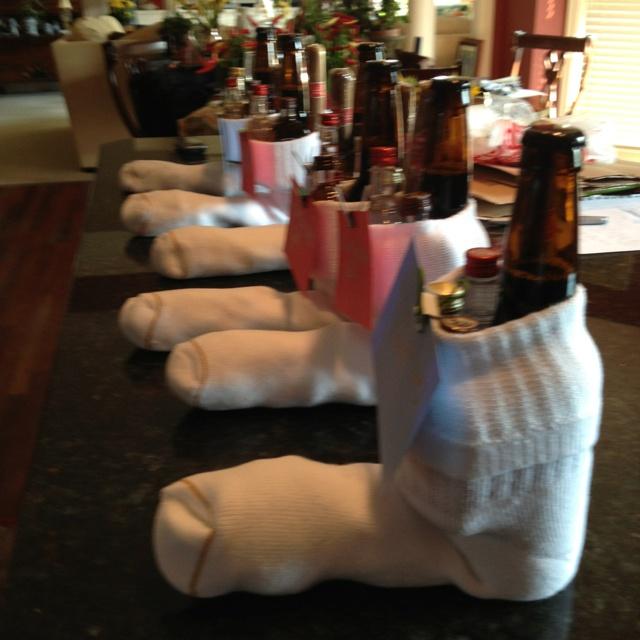 "If you can view your partner’s fears from a place of empathy and understanding, rather than from a position of defensiveness, you are already practicing healthy marriage behaviors!" exclaims Charnas.
"If you can view your partner’s fears from a place of empathy and understanding, rather than from a position of defensiveness, you are already practicing healthy marriage behaviors!" exclaims Charnas.
She also reminds us that having cold feet is normal. You don't have to think anything is wrong with you. "The most important thing to remember is that a certain degree of pre-wedding anxiety is a normal part of the tremendous life transition that is marriage," she assures. "Getting in touch with your own fears and uncertainties and being a good listener for those of your partner is a great starting point for a healthy and joyous union."
When You Shouldn't Get Married
Sure, you can remind yourself that everyone has pre-wedding anxiety and cold feet is normal. But in the back of your brain, you might be wondering if your cold feet are telling you something serious. Maybe this isn't the person for you or maybe you aren't ready to get married?
Charnas says one of the only times cold feet signifies something is deeply wrong is if you try to articulate your fears to your partner and it doesn't go well.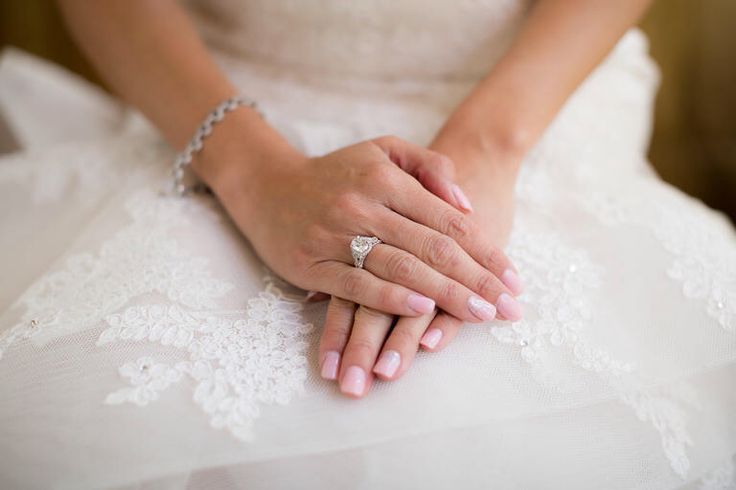 "One potential red flag for me is if a member of the couple is unable or unwilling to vocalize their anxieties and/or hear their partner’s fears," she says. "This lack of communication can mean that perhaps the relationship is not yet ready for this next step." But even then it doesn't mean you need to break up right away; it just means you might need to work on your communication skills.
"One potential red flag for me is if a member of the couple is unable or unwilling to vocalize their anxieties and/or hear their partner’s fears," she says. "This lack of communication can mean that perhaps the relationship is not yet ready for this next step." But even then it doesn't mean you need to break up right away; it just means you might need to work on your communication skills.
Another thing to look out for is if your anxiety is so crippling it affects other parts of your life including work, school, or self-care. "Too much anxiety, to a level that is paralyzing or widely disruptive to other areas of one's life, can be a sign of a deeper issue within the relationship."
The Complete Guide to Planning a Wedding
Wedding Therapist Says Ask 2 Questions If You Have Cold Feet
- Pre-wedding jitters are common, but they can also mean you aren't with the right person.
- A wedding therapist recommends asking yourself if there's a pattern of issues in your relationship.
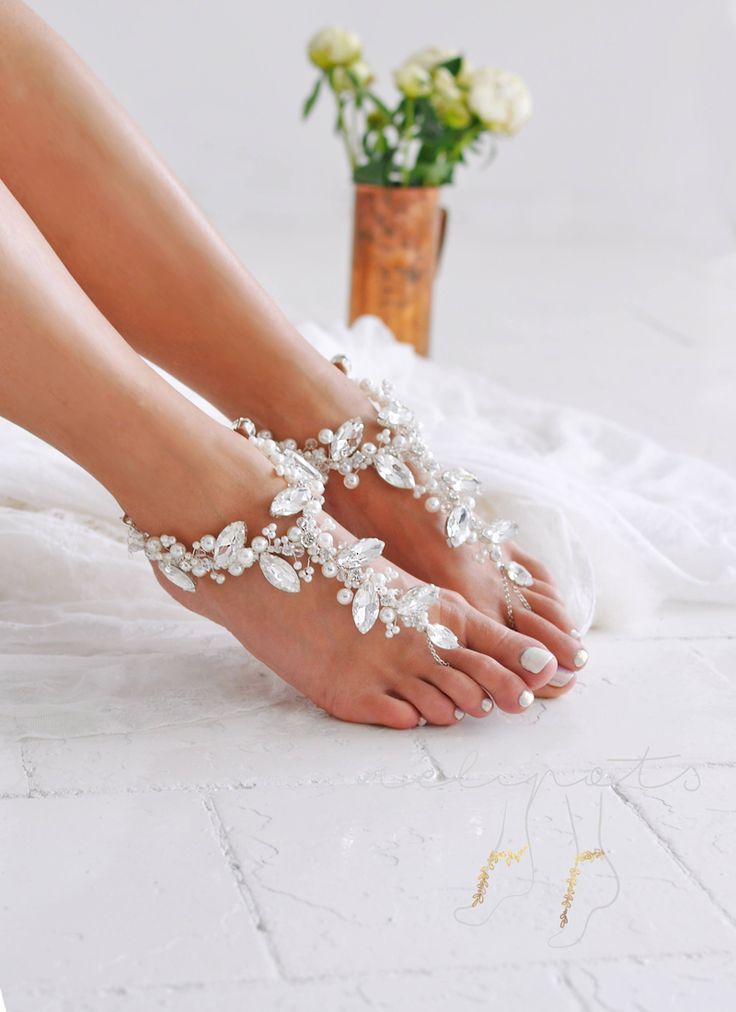
- Talking to your partner about your anxiety can also give you insight into why you're worried.
Thanks for signing up!
Access your favorite topics in a personalized feed while you're on the go.
Feeling nervous about your wedding is so common that there are multiple nicknames for it: cold feet, pre-wedding jitters, or second thoughts.
Landis Bejar, a wedding therapist and the founder of AisleTalk, told Insider that it's normal for people to get nervous before their weddings because marriage is "a major life transition."
"If we're starting a new job, if we're leaving an old job, if we're moving, if we're having a child, we get nervous. We just don't call it cold feet," Bejar said.
We just don't call it cold feet," Bejar said.
But sometimes your nerves can indicate you're not ready to get married or you're with the wrong person, and it's hard to tell the difference between real concerns and change-driven anxiety.
Bejar says asking yourself if you were worried about dynamics in your relationship or your partner's behavior before you got engaged can help you determine the source of your concerns.
It's normal to be nervous before your wedding. Joaquin Corbalan P/Shutterstock"One big question that I feel like is really helpful to ask is, 'Did I feel this way at any point in the relationship before, or is it specific to this moment?'" Bejar told Insider.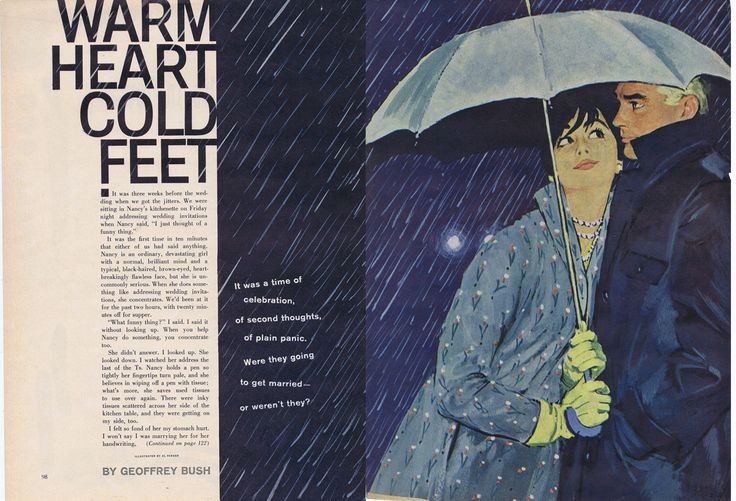 "Have there been moments throughout the relationship where you felt concerned about these things?"
"Have there been moments throughout the relationship where you felt concerned about these things?"
If you've had repeated worries about something about your partner, your concern might be more than just pre-wedding anxiety.
She then suggests you ask yourself if the thing you are worried about is something that would really impact your relationship or your sense of self.
"When you're engaged, certain things that were irritating before become really scary and worrisome about the future," she said. "Everybody does something that's irritating, and it might just feel really intense when you're engaged."
It's likely those little things won't matter to you in the same way after you're married, even if there is something your partner does frequently that bothers you a bit, like leaving their shoes in the middle of the floor or running late.
But if you believe the things you're concerned about could truly lead to a breakdown of your relationship or damage your sense of identity, you might want to pay more attention to them.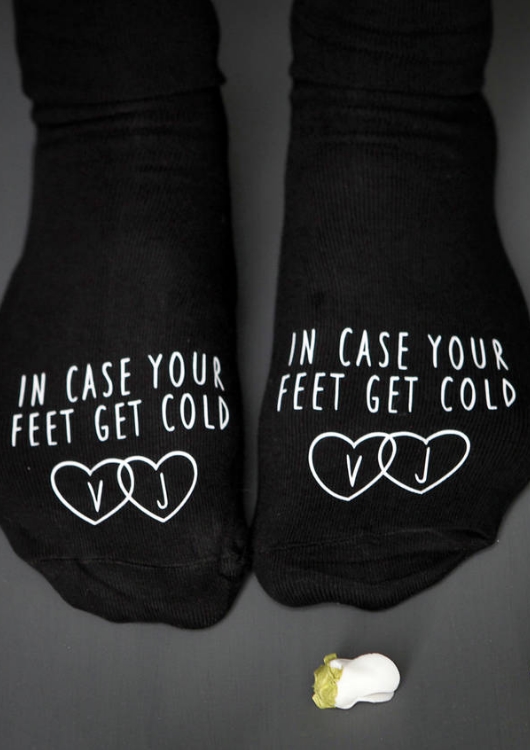
Bejar says it's important to remember that you're likely going to be more emotional during your engagement as you examine your worries.
"It is a time of heightened emotion," Bejar said of engagement. "So you want to listen to your emotions, but you don't want to let it run away with you and make decisions that you don't feel good about."
She also told Insider that the best thing couples can do if they're nervous before their weddings is to talk about it together.
"At the end of the day, the most healthy thing to do is talk about those things with your partner," she said.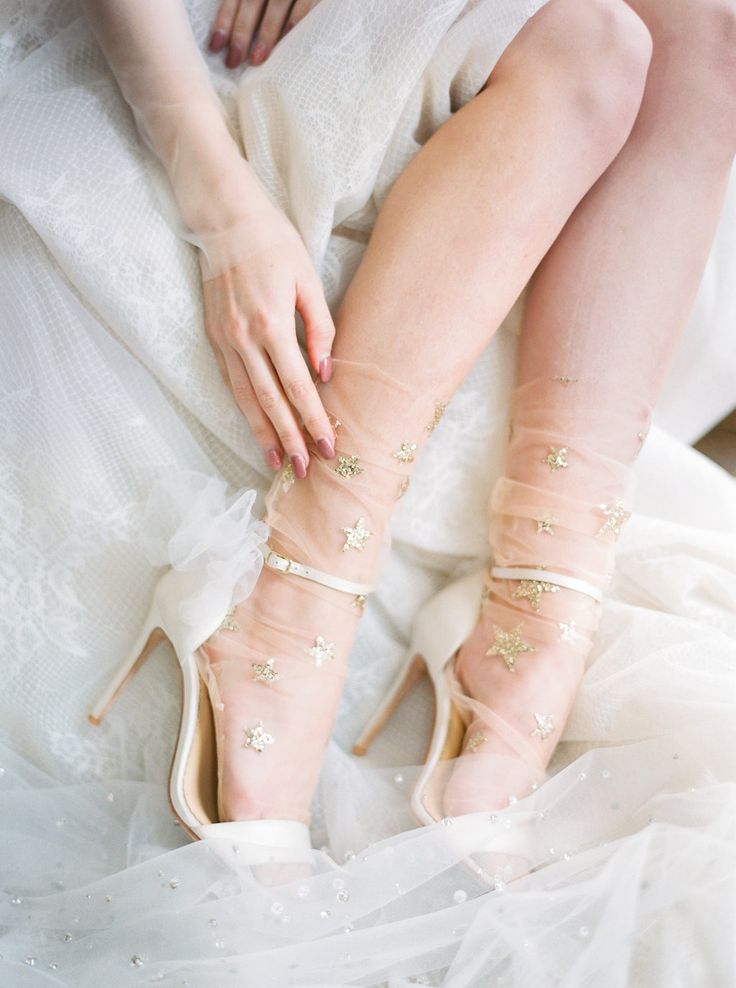
You'll likely feel better getting your worries off your chest, and your partner is probably feeling the same way.
"Be honest and create a culture where all feelings are OK," Bejar said.
Why does the running bride have cold feet? | A man and a woman
Mostly brides run away from the wedding. Although, it happens that suitors also run away. Unplanned escapes in world wedding practice are not uncommon. Therefore, they got into the lens of Hollywood video cameras. "Motor!" - and the movie heroine of Julia Roberts rode on a horse in Runaway Bride. "Double such and such!" - and the main man of journalist Carrie Bradshaw drove off in a limousine in the feature film Sex and the City. But it's not about movies. It's about the phenomenon itself.
Its official name is Cold Feet - cold feet syndrome (a common symptom of stress). And everything happens something like this: one of those entering into marriage (often the bride) is suddenly struck by lightning - “I am making a monstrous mistake!”. The overtaken thought catches by surprise and causes panic. As in any stressful situation, a hefty portion of adrenaline is released into the blood, the arms and legs get cold, and there is an irresistible desire to escape - to run quickly, non-stop, wherever your eyes look. And the newly minted runner starts.
And everything happens something like this: one of those entering into marriage (often the bride) is suddenly struck by lightning - “I am making a monstrous mistake!”. The overtaken thought catches by surprise and causes panic. As in any stressful situation, a hefty portion of adrenaline is released into the blood, the arms and legs get cold, and there is an irresistible desire to escape - to run quickly, non-stop, wherever your eyes look. And the newly minted runner starts.
Like American Jennifer Carol Wilbanks, for example. The latter, without explaining anything to anyone, ran away four days before her wedding. Moreover, frightened by what she had done, she also staged her own kidnapping. And she did this because of the wide publicity of her irresponsible act: the news about the mysterious disappearance of the bride was leaked to the press, and compassionate Americans began to look for the fugitive with the whole world (or rather, all the States).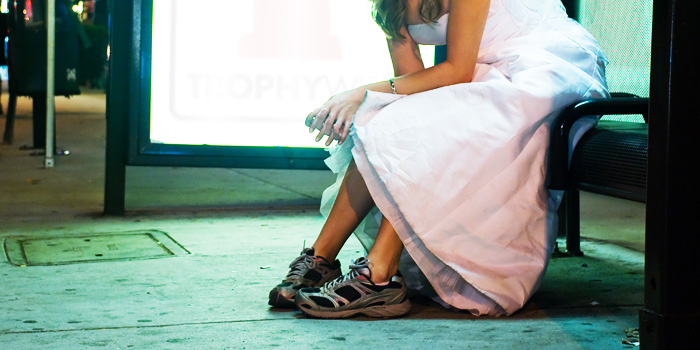 Even the Federal Bureau of Investigation got involved.
Even the Federal Bureau of Investigation got involved.
When the whole truth about the bridal getaway came out and the public found out that the reason for the hoax was nothing more than cold feet syndrome, Jennifer was immediately stigmatized. Is it a joke to fool the whole country? Run, run, but know the measure! What is allowed to Julia Roberts is not allowed to mere American mortals.
Our brides don't go on the run as often as in America and not so desperately. The procedure for concluding a marriage in the registry office provides for repeated appearances to confirm determination. Plus, passports are given in advance and “stamped” in advance. A marriage certificate for the appointed day of marriage is also prepared ahead of time.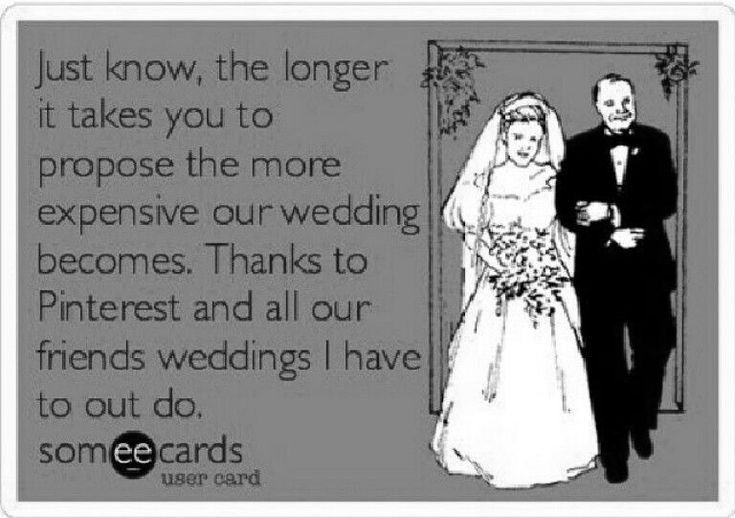 So the newlyweds, in fact, stop by the registry office only to sign for the receipt of documents. Why run?
So the newlyweds, in fact, stop by the registry office only to sign for the receipt of documents. Why run?
In addition, the money for the organization of the celebration is also paid in advance. Rent of cortege cars and premises in a restaurant, refreshments for guests, musical accompaniment, decoration, etc. - all this is already paid for by the cherished day. That's why there is an advance payment so that customers do not run away without paying. And wedding expenses are sums, as a rule, impressive; here, willy-nilly, you will think: is it worth running?
However, it's not even the inhibitory effect of the money spent and not the pre-filled forms. Our couples are much more responsible in relation to ... the church. Most often, the wedding is postponed indefinitely: we'll wait, test our marriage - we'll see.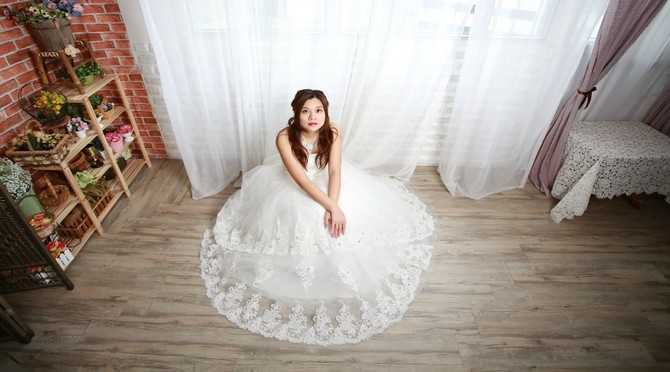 And only if you are one hundred percent sure of your feelings, then after painting in the registry office, the newly-made spouses go to church.
And only if you are one hundred percent sure of your feelings, then after painting in the registry office, the newly-made spouses go to church.
The problem with American runners is that their wedding ceremony starts in a temple. Or, according to tradition, the priest is invited to the place where the wedding ceremony is to take place. Feel the difference: it is one thing to take a marriage vow in the registry office and quite another in a church or in front of its holy face. It is here that questions arise, from which the blood freezes and the limbs freeze. God does not lie. By the way, cold feet syndrome is often called wedding panic.
Unlike our domestic ones, every second American site devoted to wedding and near-wedding chores raises the topic of cold feet syndrome among those entering into marriage.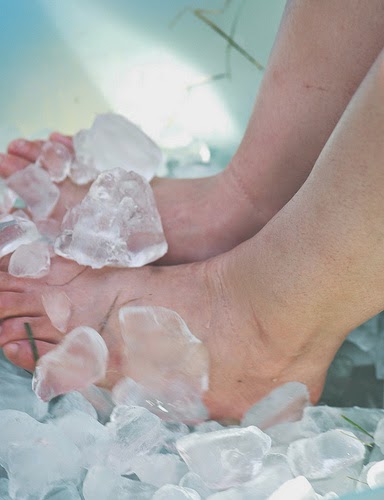 The problem is considered in detail, from different angles. They give practical advice (relax, breathe). Often they give recommendations from eminent psychologists (ask each other such and such questions, clarify such and such points, discuss the joint future in as much detail as possible). And sometimes the theme of escapes is even used as an excuse for unobtrusive advertising: “If you are wearing luxurious X brand wedding shoes, then remember that they are specially designed so that you can shine in them and perform like a king. Brand X wedding shoes are not for vulgar cross-country steeplechase…
The problem is considered in detail, from different angles. They give practical advice (relax, breathe). Often they give recommendations from eminent psychologists (ask each other such and such questions, clarify such and such points, discuss the joint future in as much detail as possible). And sometimes the theme of escapes is even used as an excuse for unobtrusive advertising: “If you are wearing luxurious X brand wedding shoes, then remember that they are specially designed so that you can shine in them and perform like a king. Brand X wedding shoes are not for vulgar cross-country steeplechase…
Well, we can only be glad that in our "Far Far Away Kingdom" everything is relatively calm and cases of escape from the crown have not become catastrophic. However, it is worth remembering that the fashion for a wedding getaway, unintentionally promoted by cinema and the Mass Media, may well spread to us.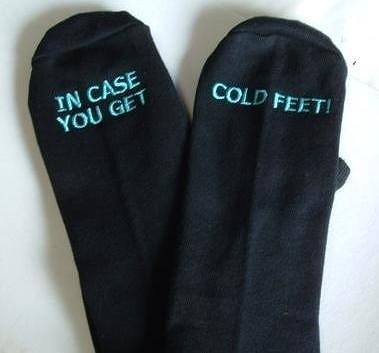
Advice and love to all who go to the altar! And warm feet.
Tags: marriage, bride, wedding, legs, ceremonies, church
Cold Feet Or Time To Call Off The Wedding? 💡 Holidays | EN.HomeInteriorz.com
- The Difference Between Cold Feet and Serious Problems
- Serious Problems That Cancellation of a Wedding Should Cause
- Don't Let Wedding Planning Stress Become Cold Feet
- Strategies for Coping with Cold Feet
- When Your Future Spouse is a Person with Cold Feet
Cold feet - before the wedding - nerves for newlyweds. Call it what you want, most brides and grooms get nervous before their wedding.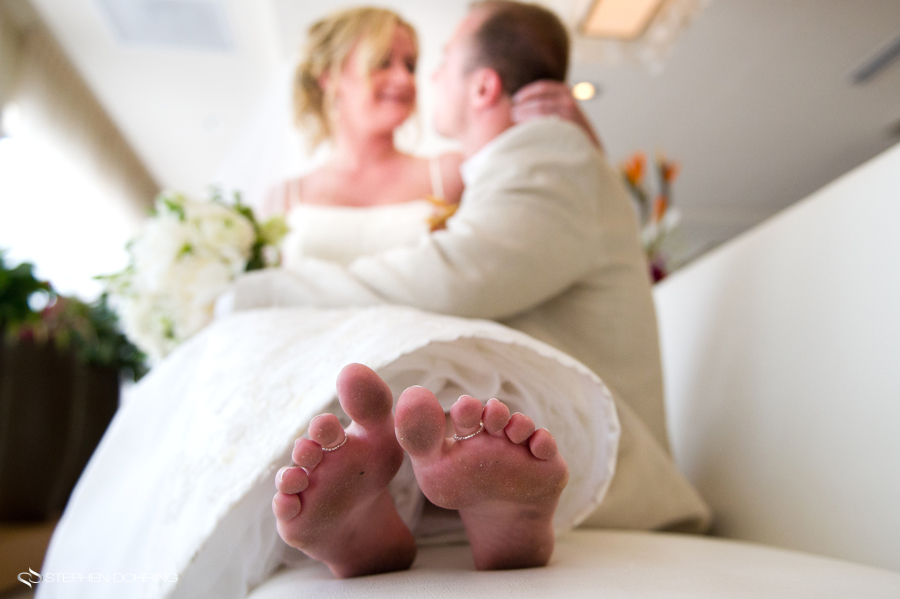 If you feel cold feet, try to relax and explore your feelings. Finding out what's behind them will lead you to a stronger and healthier marriage or save you from making a giant mistake. Anyway, time to deal with cold feet, now.
If you feel cold feet, try to relax and explore your feelings. Finding out what's behind them will lead you to a stronger and healthier marriage or save you from making a giant mistake. Anyway, time to deal with cold feet, now.
The difference between cold feet and serious problems
The general feeling of nervousness about the wedding is normal - after all, this is a life step that you take.
If you're nervous and still excited, it's probably just preconceived shocks.
Serious problems that a marriage refusal should cause
- If you find that your future spouse has a drug or alcohol problem and is not recovering
- If your future spouse was cruel to you
- If one of you was unfaithful or deceitful
- If the thought of marriage made you feel fear, not happiness for more than a month
- If you are distinguished by having children or not
- Most your friends don't like your future spouse
- If you're only going through it because you'll be too embarrassed to name it, or you're worried about hurting your fiancé.

Don't let the stress of wedding planning get cold feet
Try to distinguish between emphasizing wedding planning and emphasizing marriage. Worrying about small details doesn't mean you shouldn't marry the one you love; instead, it may be a sign that you need more help or that you should scale down the event.
There is always an opportunity to escape!
Strategies for coping with cold feet
- Spend some time writing down your fears. You may find that when they are on paper, they become silly. If is not present, write down possible solutions to each problem, if true. For example, concerns about loss of identity may have solutions such as not changing your name, taking up new hobbies, or reserving one night a week after marriage for "girl nights" or "boys nights."
- Differentiate if your cold feet are stress about marriage in general or questions about that particular relationship.
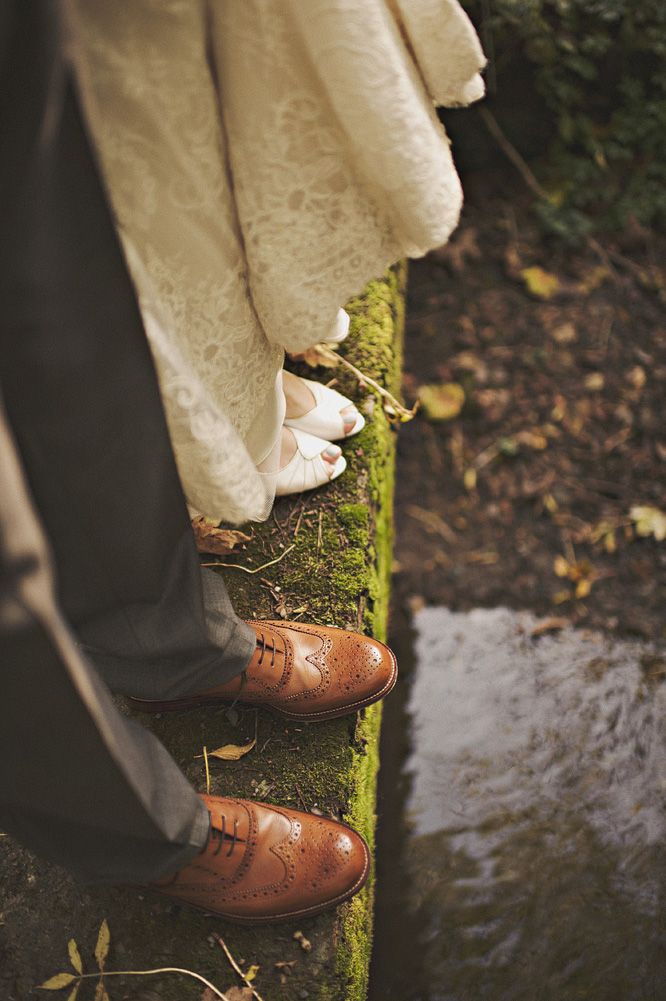
- Take a break from wedding planning - everything will be there when you're ready to move on.
- Designate at least one night a week as a "wedding free zone" where you don't talk about the wedding at all.
- Spend some time talking about the happiest moments in your relationship, perhaps including your first dates of falling in love and the story of your engagement.
- Write down all the good things about being a married person.
- Talk to happy couples and ask them the secrets to their success.
- Visit a GP or a couple.
- Talk to your priest, rabbi or trusted friend.
- Unleash the romance - go for a romantic weekend, dine after each other, pamper each other.
When your future spouse is a person with cold feet
Your fiance's doubts can be extremely harmful and difficult to resolve. If the shoe is on the other foot, do your best to understand that it's not necessarily about you or their feelings for you, but instead it could be a lot of what we talked about above.